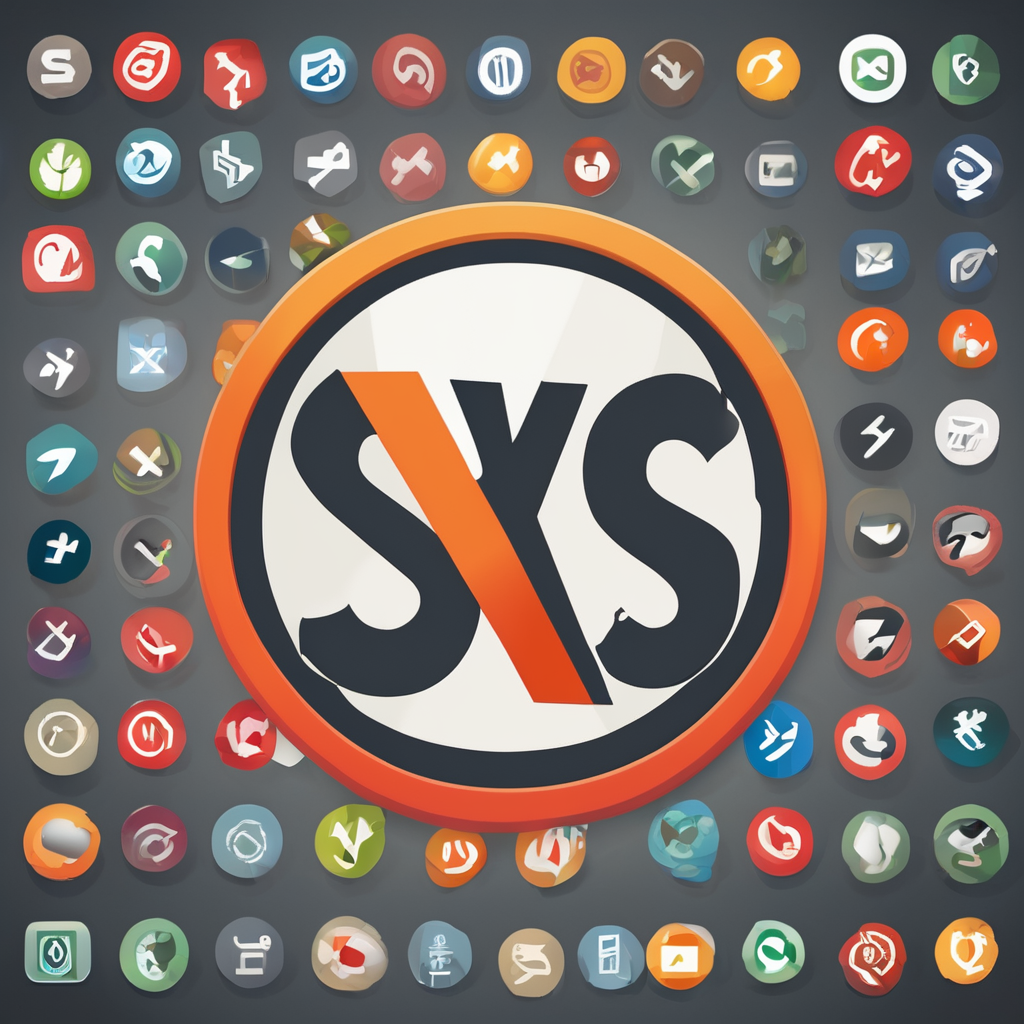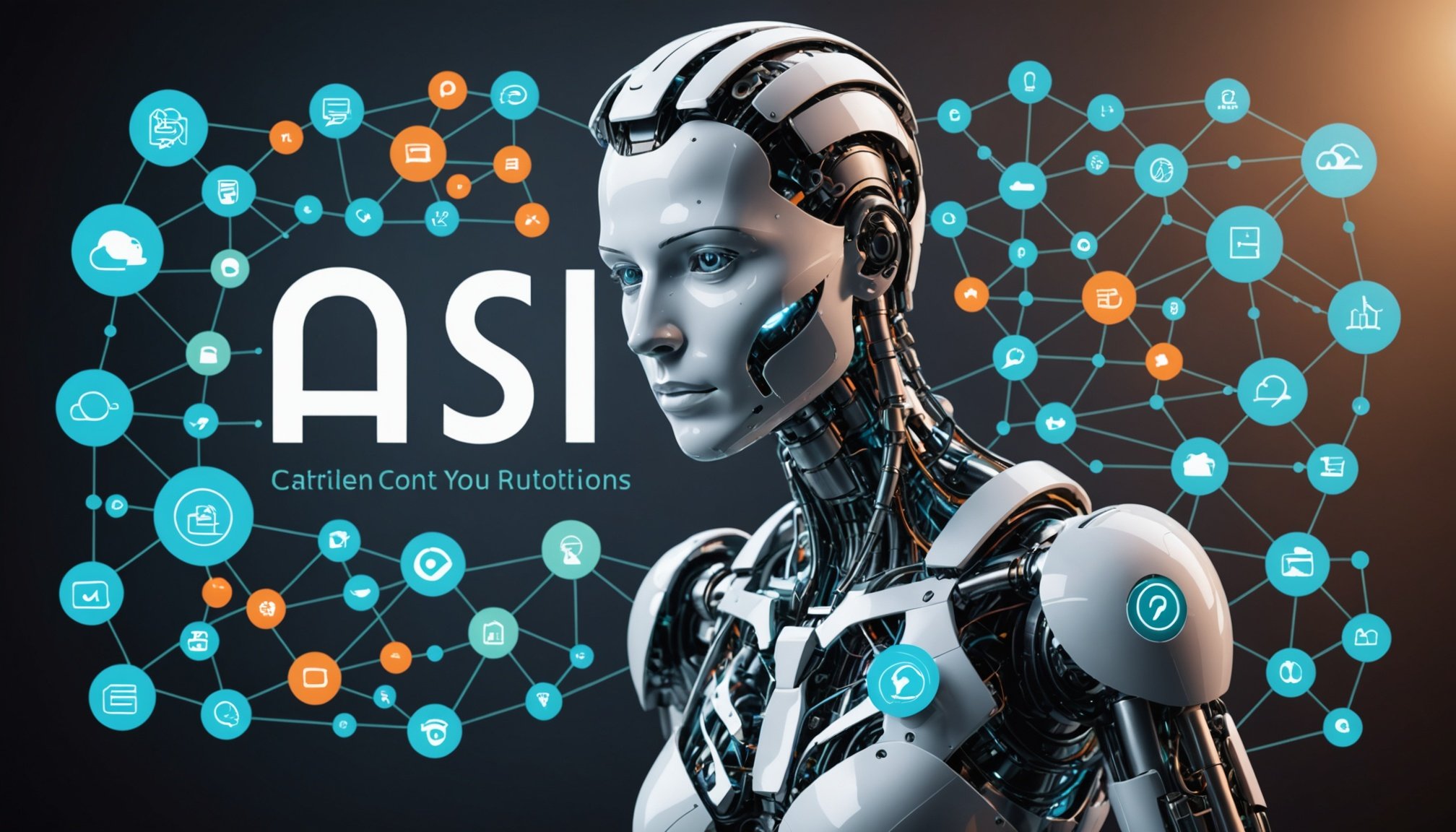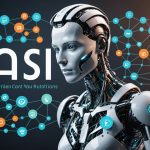AI-driven SEO tools are transforming how brands improve visibility and engagement online. Harnessing artificial intelligence streamlines keyword research, content creation, and site audits—saving time while boosting results. Exploring practical applications and comparing top AI SEO platforms reveals why integrating these technologies is no longer optional but essential for marketers seeking sustained growth and competitive advantage.
The Role of AI in Modern SEO Strategies
algorithmic optimization strategies for enhanced search engine visibility are transforming traditional SEO approaches. AI-driven tools analyze large datasets swiftly, providing insights that boost rankings.
In parallel : Top strategies for integrating smart product lifecycle management in cybersecurity
Adoption rates among digital marketers are rising rapidly, as AI improves keyword research, content creation, and technical audits. Tools like Surfer SEO and Ahrefs AI Content Helper automate many tasks, ensuring efficient workflows.
Aligning AI tools with Google’s guidelines remains vital for sustainable rankings; unethical practices can result in penalties. For instance, Penny, an AI SEO blog writer, demonstrates how AI can generate high-quality, SEO-optimized blog posts, increasing organic traffic and engagement.
Additional reading : How Will High-Tech Developments in the UK Impact the Future of Computing?
More detailed strategies—such as AI-assisted competitor analysis and predictive SEO analytics—are covered on the related page: algorithmic optimization strategies for enhanced search engine visibility. Integrating AI into SEO workflows creates a competitive edge by automating routine tasks, refining on-page optimization, and elevating overall strategy.
You can view more details on this page: algorithmic optimization strategies for enhanced search engine visibility.
Overview of Leading AI SEO Tools and Platforms
Semrush and Search Atlas: All-in-One Marketing and SEO Automation
Semrush and Search Atlas lead in delivering AI-powered SEO strategies for marketers who want automation at scale. Semrush, priced from $139.95/month, excels with over 55 features, including SEO content automation, robust AI-driven keyword research, and continuous automated SEO audits. Its Semrush Copilot uses machine learning for SEO to track real-time algorithm updates and recommend actions for ranking improvement. Search Atlas offers a more affordable alternative at $99/month. Its OTTO SEO assistant automates technical checks and AI content optimization tools for content marketers. Both platforms cater to agencies and professionals aiming to streamline workflows through AI in technical SEO and actionable SEO strategy enhancement with AI.
Indexly and Rankability: Indexing and Content Optimization
Indexly focuses on real-time SEO monitoring using AI to ensure content is indexed rapidly, especially advantageous for new or e-commerce sites needing immediate visibility. Its monitoring and automated on-page SEO features use natural language processing in SEO to improve crawlability. Rankability emphasizes AI algorithms for ranking improvement, providing real-time “rankability scores”, AI-assisted competitor analysis, and AI writing assistants for SEO that swiftly generate content briefs, directly supporting websites seeking quick gains post-algorithm update.
Content Creation and Optimization: Writesonic, SEOpital, and Koala AI
These tools shine in AI SEO content planning strategies. Writesonic delivers scalable AI-generated meta descriptions, long-form writing, and integrates with top SEO platforms for AI SEO software comparisons. SEOpital targets content personalization with AI for WordPress users, offering AI SEO for blogs and articles and tracking in AI search engines. Koala AI appeals to varied budgets, specializing in AI content generation ethics, high customization, and multilingual SEO, supporting effective SEO copywriting enhanced by AI. Each provides support, pricing flexibility, and AI-driven SEO reporting for diverse content needs.
Specialized AI Tools for SEO Metrics and Monitoring
Rankscale.ai and SE Ranking: AI-Driven Search Engine Insights
AI-driven keyword research is central for tracking brand visibility in emerging AI-powered SEO strategies. Both Rankscale.ai and SE Ranking employ advanced AI algorithms for ranking improvement, giving agencies detailed, real-time SEO monitoring using AI. Rankscale.ai, for instance, lets users see how their keywords perform within AI-generated search results across platforms like Google AI Overviews and ChatGPT, supporting automated SEO audits and content gap analysis powered by AI.
SE Ranking provides additional depth by monitoring organic versus AI-driven results, AI SEO-driven competitor keyword tracking, and triggers for Google’s AI Overview. Together, these AI-assisted competitor analysis features help agencies adapt their SEO content automation by quickly identifying shifts or drops in both traditional and AI-generated SERPs.
DataForSEO and Other APIs for Custom Automation
For those seeking scalable, tailored advanced AI SEO techniques, APIs like DataForSEO deliver raw data feeds for AI SEO platform reviews and predictive SEO analytics. Machine learning for SEO is applied to ranking data, enabling automated on-page SEO and the integration of AI SEO with Google Analytics. This approach empowers agencies and developers to build solutions for automated content optimization cycles, real-time AI-based keyword ranking tracking, and automated backlink analysis with AI.
Real-Time Reporting and Client Management Tools like Whatagraph
Managing multiple campaigns requires transparency and actionable reporting. Whatagraph facilitates AI-driven SEO reporting by blending semantic search optimization results, natural language processing in SEO performance summaries, and integration of AI SEO with CMS platforms. This supports content personalization with AI, automating report delivery, and enhancing client engagement through visually rich, AI-optimized metrics and schedule-driven updates.
Content Optimization and Technical SEO with AI
Clearscope and Ahrefs AI Features: Content Quality and Topical Relevance
Using the Stanford Question Answering Dataset (SQuAD) method for evaluation, tools like Clearscope and Ahrefs leverage machine learning for SEO to analyze top-ranking content, providing actionable AI-powered SEO strategies. Clearscope offers keyword suggestions and content scoring based on semantic analysis, allowing users to apply real-time SEO content automation at scale. Ahrefs’ AI Content Helper focuses on AI-driven keyword research, integrating natural language processing in SEO to ensure that each topic meets search intent and semantic relevance.
Both platforms facilitate automated on-page SEO and offer content gap analysis powered by AI, directly influencing ranking improvement through AI algorithms for ranking improvement. When comparing usability and integration, Ahrefs is praised for seamless real-time SEO monitoring using AI, while Clearscope’s integration with Google Docs streamlines content workflow. Pricing, however, positions Clearscope as a premium choice, while Ahrefs bundles its optimization features with broader SEO toolsets.
WordPress SEO with AIOSEO: Comprehensive On-Page Optimization
AIOSEO excels at automated on-page SEO and AI content optimization tools designed for the WordPress ecosystem. Features such as automated schema markup with AI, XML sitemaps, and redirection management work cohesively for site health and SEO compliance. The plugin’s intuitive setup ensures AI SEO for blogs and articles is accessible to users with varied technical backgrounds. Backed by robust reviews, it supports advanced AI SEO techniques and seamless integration of AI-generated meta descriptions, empowering users to trust their optimization outcomes.
AI for Internal Linking, Schema, and Site Health
AI tools automate countless workflows, such as optimizing site link structures and schema markup, using advanced AI algorithms for ranking improvement. Automated SEO audits, content personalization with AI, and internal linking recommendations foster a healthy site architecture, consistently applying AI-powered SEO strategies. Regular AI-powered SEO content audits and technical SEO checks provide actionable feedback, elevating the performance of AI-assisted competitor analysis and predictive SEO analytics for ongoing optimization.
Ethical Considerations and Best Practices in AI-Enhanced SEO
Balancing AI Automation with Human Expertise
Precision in ai-powered SEO strategies and accuracy in content are critical for long-term results. Over-reliance on SEO content automation alone can lead to flawed, generic content that fails to show real authority. Human oversight must validate and polish material produced by AI-driven keyword research and AI writing assistants for SEO, ensuring content reflects authentic experience and fact-checked information. Regular manual reviews remain essential for verifying outputs of machine learning for SEO and automated SEO audits, supporting E-E-A-T (Experience, Expertise, Authoritativeness, Trustworthiness) and protecting site integrity.
Adhering to Google Guidelines and Avoiding Penalties
Transparent processes are vital for SEO success. Google’s evolving policies specifically warn against cloaked or manipulative AI algorithms for ranking improvement. When using AI content optimization tools or natural language processing in SEO, ensure generated metadata and keyword placement demonstrate authenticity, not artificial inflation. Always pair AI-driven SEO reporting and AI-generated meta descriptions with editable templates and consistent human evaluation, particularly important for agencies using AI SEO agency services.
Future Trends and Industry Predictions
Rapid advances in real-time SEO monitoring using AI and predictive SEO analytics will transform daily workflows. The future of AI-driven search engine ranking will reward those combining advanced AI SEO techniques with personalized human editing. Small businesses, agencies, and creators adopting content personalization with AI, AI-assisted competitor analysis, and AI SEO integration in workflows will continue to outperform, provided ethical considerations in AI SEO remain central.
Case Studies and Practical Implementation Tips
Precision:
AI-powered SEO strategies leverage machine learning for SEO, aiming to maximize keyword integration, content optimization, and competitive performance within search results. For example, websites deploying automated SEO audits and AI content optimization tools see increased search visibility due to predictive SEO analytics and real-time SEO monitoring using AI. These approaches align with AI algorithms for ranking improvement, enhancing both on-page and off-page factors.
Recall:
In practical implementation, AI-driven keyword research helps identify high-impact opportunities by analyzing massive datasets beyond human capacity. Automation of backlink analysis with AI or AI tools for link building streamline previously labor-intensive processes, saving time and delivering actionable recommendations.
Combining AI integration in SEO workflows with manual quality checks prevents pitfalls like misaligned content intent. Industry experience shows that advanced AI SEO techniques, such as natural language processing in SEO and automated on-page SEO, significantly increase efficiency and accuracy, but always perform best with personalized human editing.
Step-by-Step Suggestions:
- Start with AI-assisted competitor analysis to identify ranking gaps.
- Deploy AI writing assistants for SEO to draft topic-rich content.
- Use AI-generated meta descriptions, ensuring alignment with user queries.
- Apply automated schema markup with AI for rich snippet eligibility.
- Monitor with predictive SEO analytics and adjust strategies using AI SEO-driven competitor keyword tracking.
Content personalization with AI, voice search optimization tools, and semantic search optimization further tailor digital presence, making AI SEO agency services invaluable across industries.
AI-Powered SEO Strategies: How AI Is Reshaping Optimization
Precision, using the Stanford Question Answering Dataset (SQuAD) framework, means calculating the proportion of correctly identified SEO improvements made by AI-powered SEO strategies (tp/(tp+fp)). This ensures that each automated SEO audit or AI-driven keyword research tool not only guesses but delivers verifiable ranking gains. Recall further tracks how many relevant strategies—such as natural language processing in SEO or AI-assisted competitor analysis—are truly captured during content optimization, helping teams maximize impact.
AI-driven keyword research helps cut through the noise by automating competitive analysis, surfacing insights missed by traditional approaches, and accelerating workflow efficiency. Leveraging machine learning for SEO, brands uncover high-potential queries, track algorithm shifts, and focus on intent-driven content. Real-time SEO monitoring using AI enables continual tracking of search performance and alerts for algorithm updates, while AI algorithms for ranking improvement refine on-page optimization with predictive SEO analytics.
Automated SEO audits quickly expose hidden website issues, empowering businesses to address technical blockers before they can hurt rankings. Integration of AI in technical SEO means faster site crawls, detection of indexing gaps, and automated recommendations—all tailored through advanced algorithms. This transformational approach to SEO content automation and AI content optimization tools streamlines operations and continuously elevates visibility in fiercely competitive search results.











